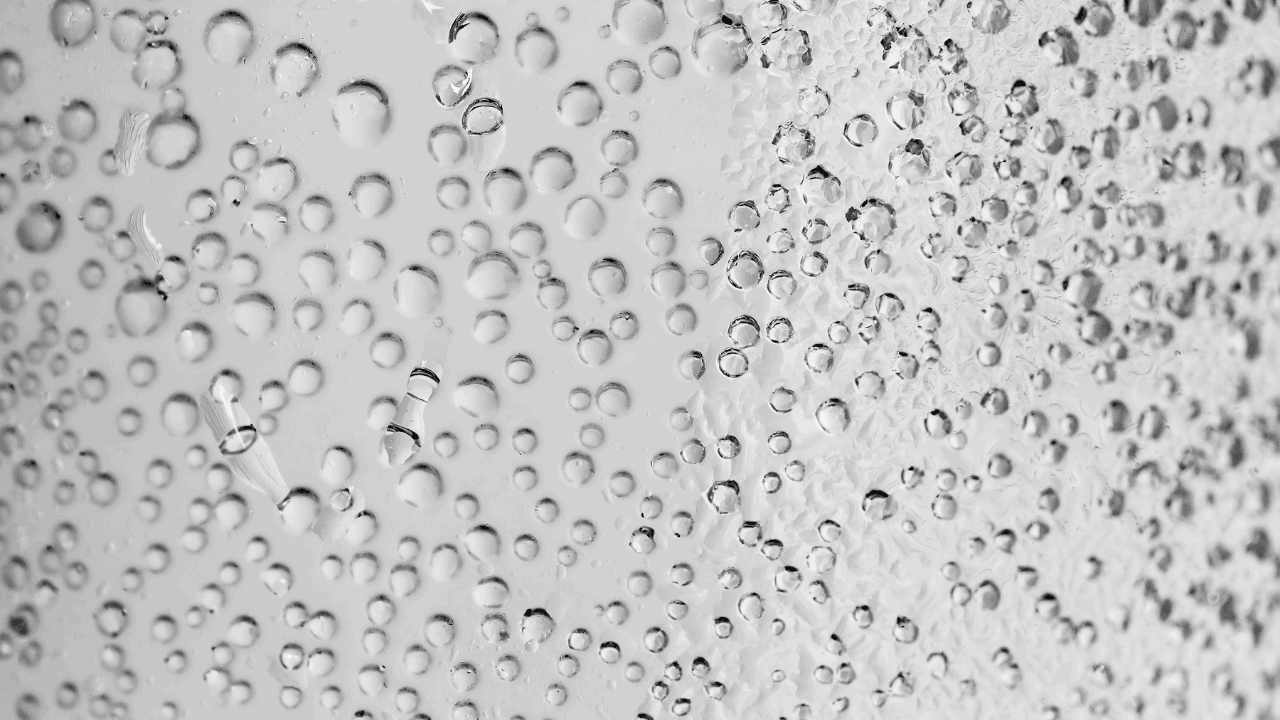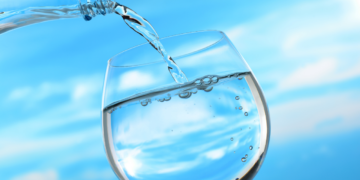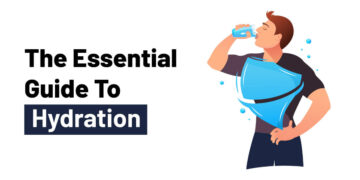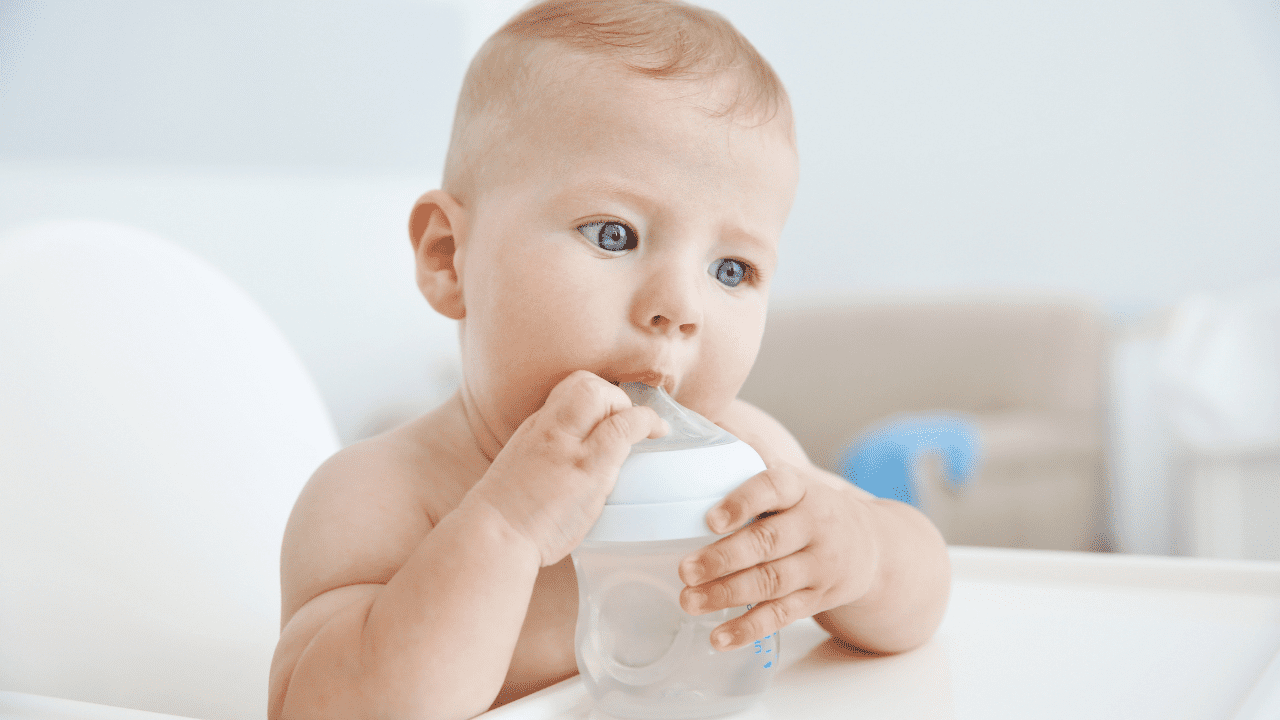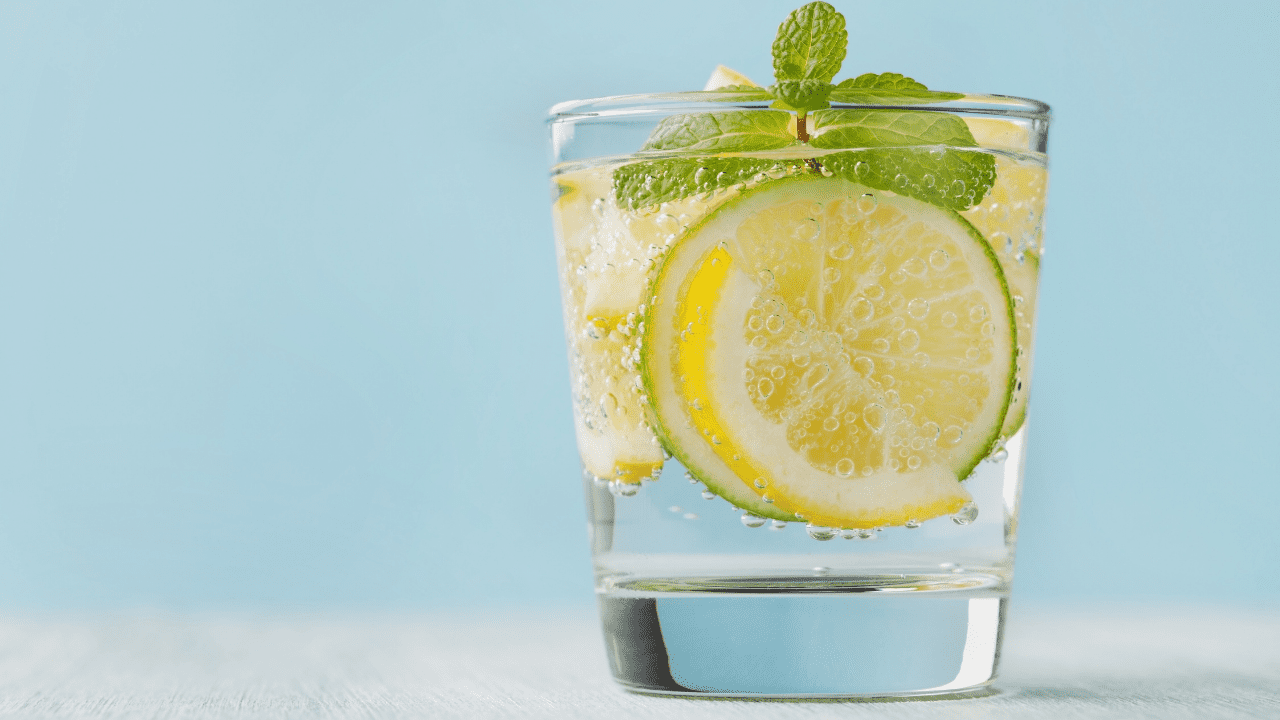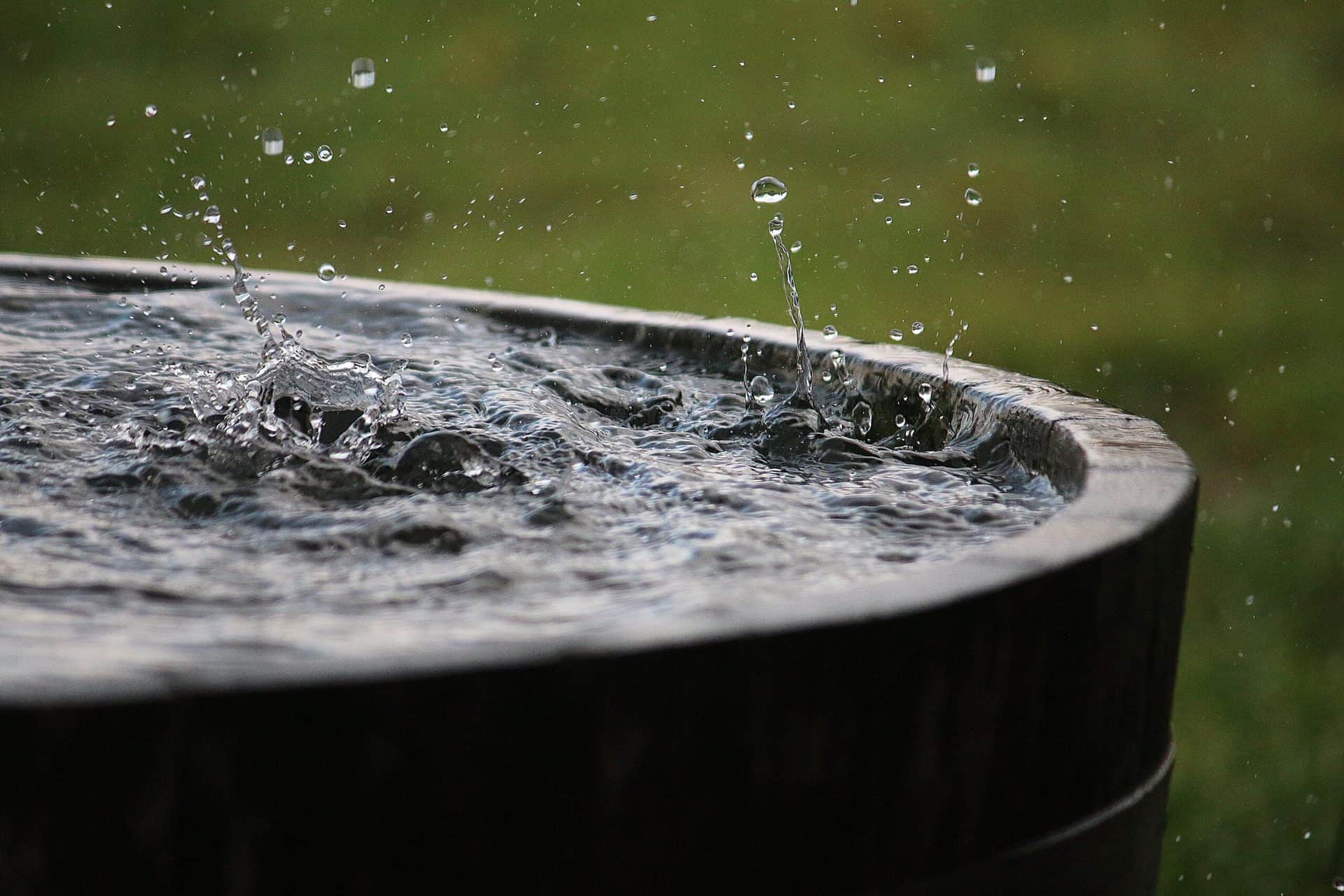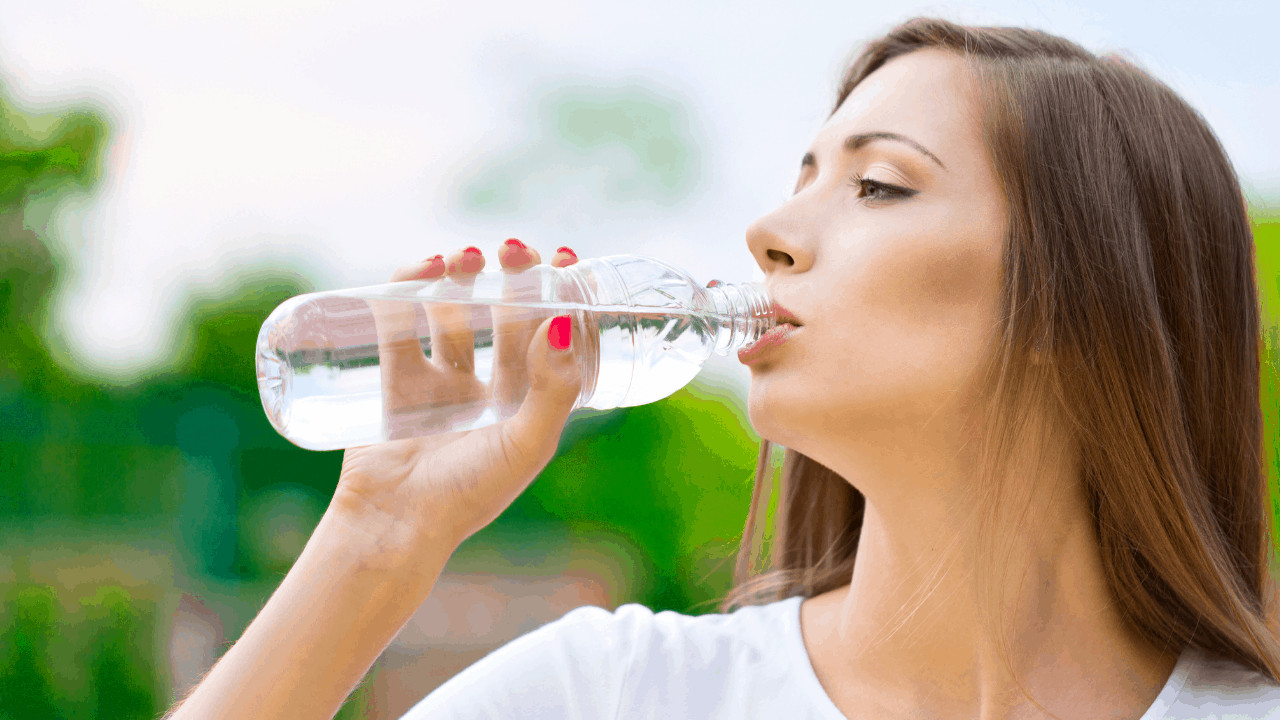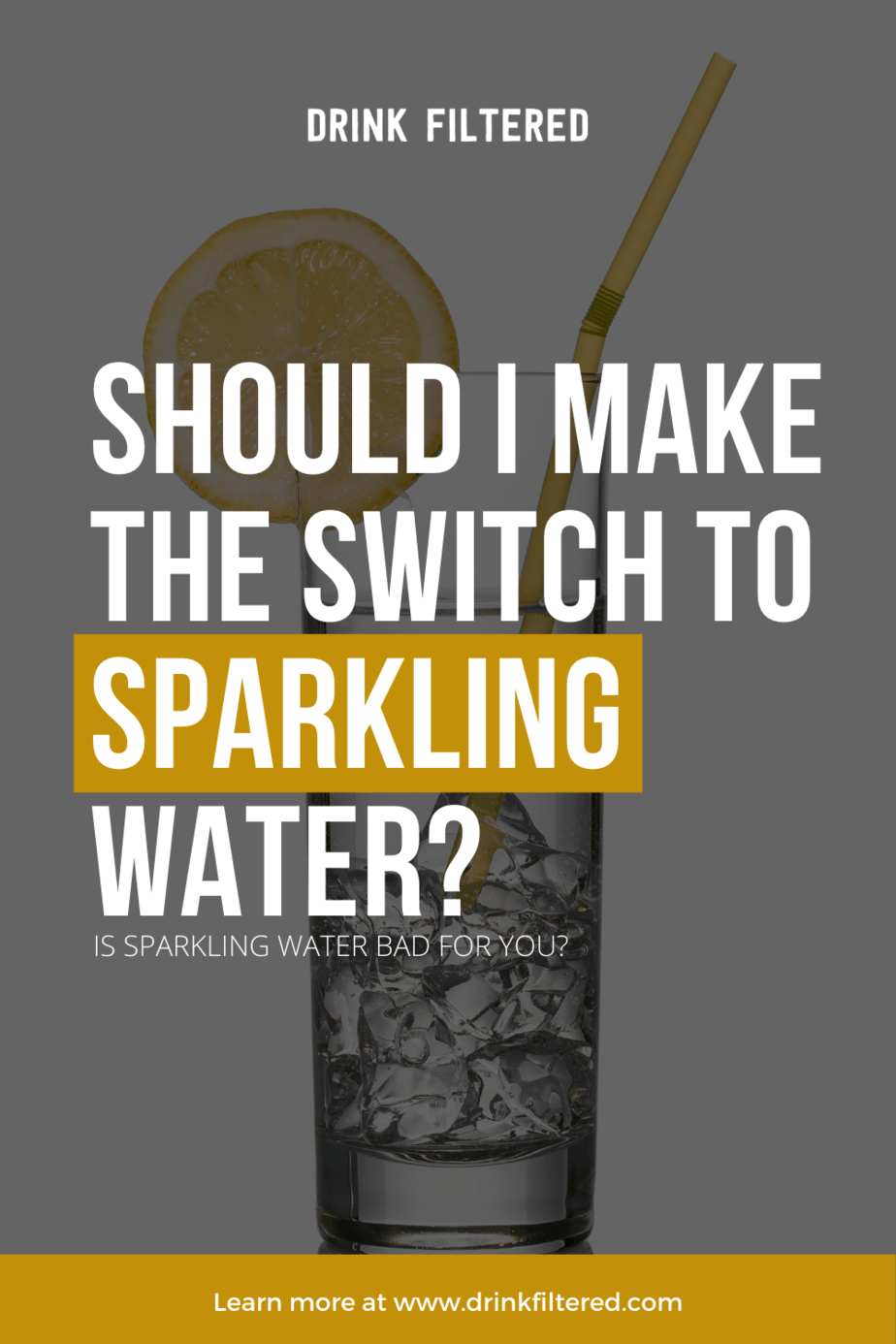Step aside, soda. Many people are making the switch from sugary sodas to naturally flavored sparkling water. Drinking carbonated water is not a new concept though this fizzy drink has certainly gained in popularity.
What Is Sparkling Water?

Carbonation can be added to still water or can be naturally occurring. Small bubbles form and create that signature sharp mouthfeel that some detest while others crave. Mineral water, seltzer water, sparkling water, soda water, & tonic water are easily purchased in a variety of flavors. Some versions contain small amounts of minerals such as calcium, sodium, and magnesium. Other additives may be present and most contain little to no calories. For a DIY version, a SodaStream can be used at home to make your own water infused with carbon dioxide.
Sparkling Water vs Still Water
There are many health claims associated with this bubbly drink. From helping with weight loss, improving swallowing ability, constipation relief, and even boosting heart health. There is however debate about all these claims with little actual targeted research available to get the root of the matter. There are, however, plenty of well-established benefits to drinking regular tap water and no evidence to suggest that these benefits do not extend to sparkling water.
Carbonated or not, consuming adequate water can help to…
- maintain normal body temperature
- protect and lubricate joints and sensitive tissues
- excrete waste through urination, perspiration, and bowel movements
The question becomes more about the individual and the reasoning behind consuming sparkling water instead of regular water. If staying hydrated is at the bottom of your to-do list but you find yourself drawn to sparkling water, we say go for it! Consuming sparkling water in order to stay hydrated can be a part of your healthy lifestyle if the thought of drinking plain water is unappealing to you. Sparkling water may align with your overall health goals if you are looking for a zero-calorie beverage to kick the habit of consuming high fructose corn syrup-filled soda or other beverages.
Are you still drinking soda? Check out our alternative suggestions here.
Sparkling Water & Weight Loss

Weight maintenance boils down to calories consumed through food and beverages versus calories used through physical activity on any given day. The health benefits of drinking carbonated water can only go so far depending upon what this item is replacing in your normal daily routine. Soft drinks that are consumed with regularity are a contributor to excess calorie intake. One study showed a strong link between the consumption of sugar-sweetened beverages and obesity risk in children and adolescents. Replacing these sugary beverages with a zero-calorie beverage like sparkling mineral water or club soda will help you reach your weight goals by decreasing your overall daily calorie intake.
In general, increasing your water intake, sparkling or not, will keep you feeling full and may lead to a decrease in calories consumed which may, in turn, help you lose weight. Remember that our thirst signal is sometimes crossed with the signal to our brain that we are hungry when we are actually just a little dehydrated. One of the benefits of drinking water is that we are maintaining proper hydration. This will avoid any confusion between hunger and thirst cues that may lead to reaching for a snack when you should probably be reaching for a glass of water.
Is Sparkling Water Bad For You?
Kidney Health

For healthy adults, plain carbonation does not damage the kidneys. The notion that damage can occur with carbonated beverages comes from the higher acidity level found in carbonated water. The kidneys and lungs are working together continually to maintain the appropriate acid-base balance in your body regardless of the foods and beverages consumed in most typical cases.
Your kidneys help to remove waste from the blood. A constant supply of water helps to make that system run smoothly. Urinary tract infections (UTIs) and kidney stones are prevented by adequately drinking water throughout the day. Severe dehydration can even lead to kidney damage making it important to consume an adequate amount of water each day. For most people, this is 8 glasses of water each day but this amount can vary depending on your weight, activity level, and climate.
Bone Health

Some carbonated beverages contain phosphoric acid which is thought to have an effect on bone health. Excess phosphorus built up in the body can disrupt calcium absorption that maintains the delicate system in place to support ideal bone density. There has been an association with colas containing high amounts of phosphorus and a decrease in bone mineral density. However, a similar association was not found in non-cola carbonated beverages.
Regularly drinking calcium-rich and vitamin D fortified beverages can improve bone health. It is not recommended to replace your daily milk or milk alternative beverage with carbonated water that does not contain adequate calcium and or vitamin D.
Dental Health

Many sparkling drinks contain citrus that increases the acidity of the beverage. This increases your risk of damage to your tooth enamel. Consuming citrus-flavored beverages with a meal decreases that risk. One study found mineral water to be a safe alternative to consuming acid beverages with regularity. Enjoy an unflavored version for the sparkling water you sip on throughout the day outside of meal periods and your tooth enamel will thank you.
Grabbing carbonated water instead of sugar-filled soda will also benefit your oral health and lower your risk of developing cavities. Keep in mind that your regular tap water contains fluoride to protect against developing cavities. This is why The American Dental Association recommends consuming plenty of regular, fluoridated water as well in order to fight cavities.
Should I make the switch to sparkling water?

The answer depends on your overall health goals. For those looking to improve blood sugar control, making the switch from soda to sugar-free sparkling water has obvious benefits. Sodas contain high amounts of added sugar while plain carbonated water contains no added sugar.
The Dietary Guidelines for Americans recommend limiting calories from added sugar to no more than around 200 calories per day. There is no recommendation for added sugars that are needed each day because they are considered empty calories that offer no nutritional value other than calories.
Individuals hoping to lose weight or maintain their weight can find benefits to consuming carbonated or sparkling water in order to maintain proper hydration and prevent over-consuming calories in the form of high-calorie beverages.
If your dentist has expressed concerns about your tooth enamel, regular fluorinated water may be your best drink of choice. Consider drinking sparkling water with meals only and ask your dentist about making your own carbonated water from still water at home using a SodaStream if you are still craving a sparkling drink. Consuming beverages high in calcium and fortified vitamin D should not be replaced with sparkling water.
Bottom line, the health benefits of drinking water are well established and many health professionals extend those benefits to the bubbly variety. Whether you are already a hydration pro or need to step up your hydration game, adding carbonated waters each day may be a fun way to mix up your beverage choices. Play around with recipes by adding ingredients like mint, ginger, lime, or basil to your plain carbonated water.

